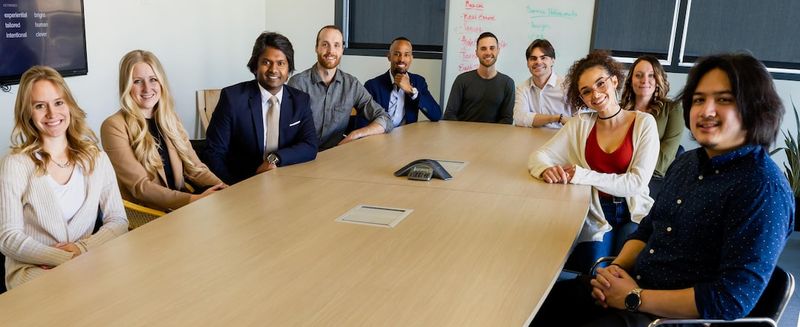Table of Contents
Disability Plan Should End Warehousing: Plan should focus on independence, not institutionalization
Brasilia – Human Rights Watch has called on the Brazilian government to prioritize deinstitutionalization and promote independent living for people with disabilities in its upcoming disability plan. Currently, thousands of people with disabilities in Brazil live in institutions or inclusive residences that resemble prison-like conditions. Despite the government’s emphasis on human dignity, ending discrimination, and promoting full citizen participation, the current disability policy plan, Viver sem Limites II, does not adequately address the situation.
Challenges Faced by People with Disabilities in Brazil
The lack of adequate support for community living in Brazil forces many individuals with disabilities to live in institutions. The government’s failure to provide necessary resources for independent living has led to the practice of warehousing individuals with disabilities in institutional settings. This practice not only denies individuals their rights to legal capacity and independence but also perpetuates discrimination and hinders their ability to fully participate in society.
Human Rights Watch’s recent research confirmed the poor living conditions in institutions and inclusive residences for people with disabilities in Brazil. Despite the inclusive residences program being developed to provide better support and individualization, these facilities continue to restrict the autonomy and decision-making abilities of individuals. The staff determines their schedules for daily activities, leaving them with limited control over their lives.
The impact of the COVID-19 pandemic further exacerbated the challenges faced by people with disabilities living in institutions. Visits were prohibited, further isolating individuals and limiting their access to social interaction and personal freedom. This highlights the urgent need for Brazil to address the institutionalization of people with disabilities and provide community-based support.
Call for Deinstitutionalization and Community-Based Support
Human Rights Watch has urged the Brazilian government to shift its focus from inclusive residences to community-based alternatives that promote independent living. The United Nations Committee on the Rights of Persons with Disabilities has recommended the creation of more community alternatives for people with disabilities, including personal assistants, accessible housing, and supported decision-making programs.
The Brazilian government should review the inclusive residence program to ensure it aligns with the goal of independent living rather than serving as a substitute for institutions. To achieve this, a concrete and time-bound plan for deinstitutionalization should be established, with all investment directed towards community-based support for people with disabilities.
Furthermore, it is crucial for the government to involve organizations of people with disabilities in the development of policies that support independent living. By establishing a working group in consultation with these organizations, the government can ensure that the needs and perspectives of people with disabilities are effectively incorporated into the disability plan.
A Pledge for Progress
As Brazil prepares to release the Viver sem Limites II, Human Rights Watch emphasizes the importance of a pledge to progressively end institutionalization and the limitations it imposes on individuals with disabilities. Without a genuine commitment to promoting independent living, the disability rights plan risks being another empty promise.
It is imperative that the Brazilian government acknowledges the human rights violations and discrimination faced by people with disabilities. By prioritizing deinstitutionalization and investing in community-based support, Brazil has the opportunity to create an inclusive society that respects the rights and dignity of all individuals.
Conclusion
As Brazil develops its disability plan, it must address the urgent need for deinstitutionalization and the promotion of independent living for people with disabilities. The current practice of warehousing individuals in institutions denies them their rights and perpetuates discrimination. By shifting its focus to community-based alternatives and involving people with disabilities in policy development, Brazil can take significant steps towards creating a more inclusive society that values the autonomy and full participation of all its citizens.

<< photo by Memento Media >>
The image is for illustrative purposes only and does not depict the actual situation.
You might want to read !
- The Climate Secrets of Energy Giant ENI: Unveiling a Surprising 70s Revelation
- Guinea Massacre Trial: A Landmark for Justice and Accountability
- South Korea’s ‘Anonymous Birthing’ Bill: A Failure for Women and Children
- The Dark Toll of Solitary Confinement: An Australian Teen’s 500-Day Ordeal
- Exposing ENI’s Longstanding Knowledge of Fossil Fuels’ Climate Impact
- Apocalyptic Waters: The Betrayal of Panama’s Rising Sea Levels